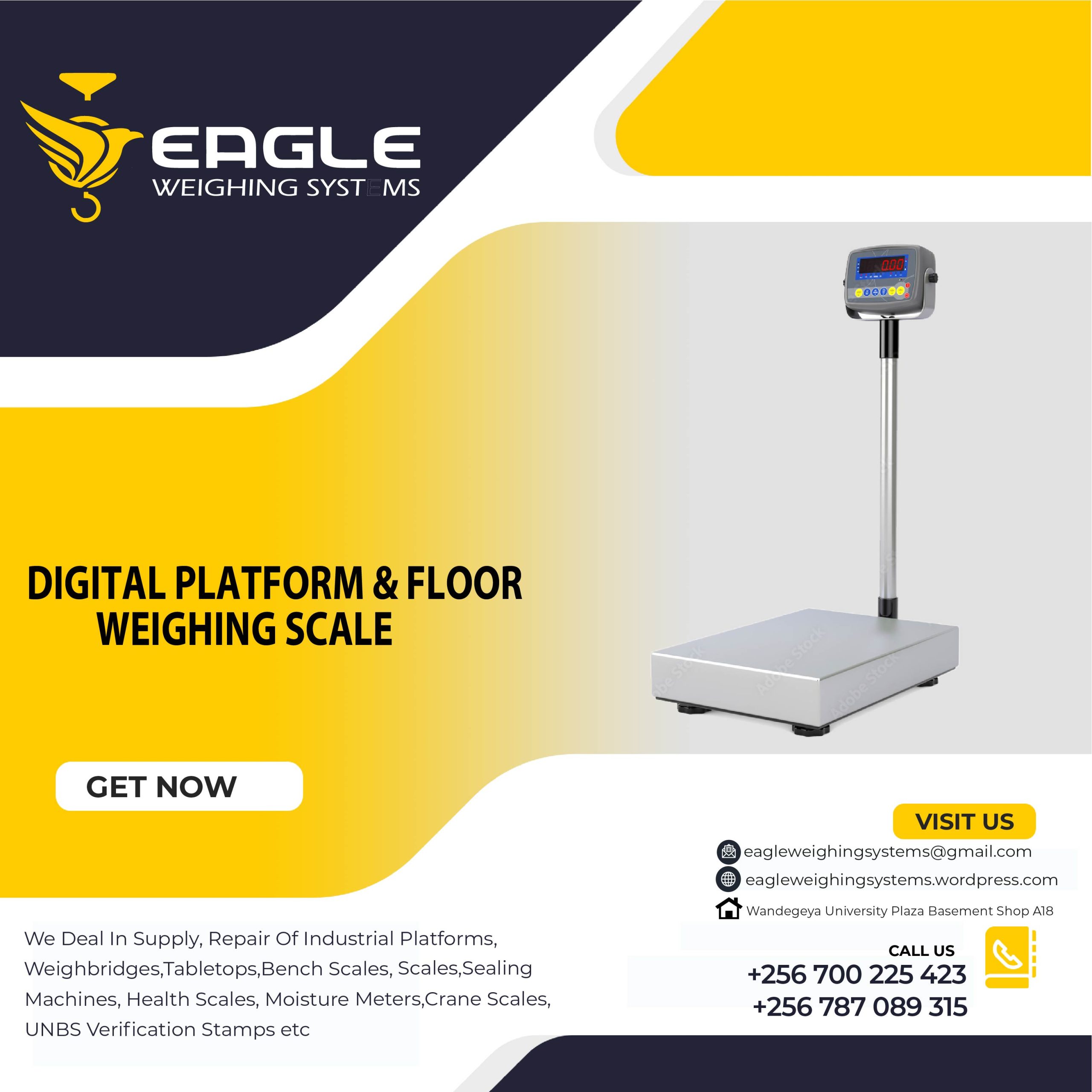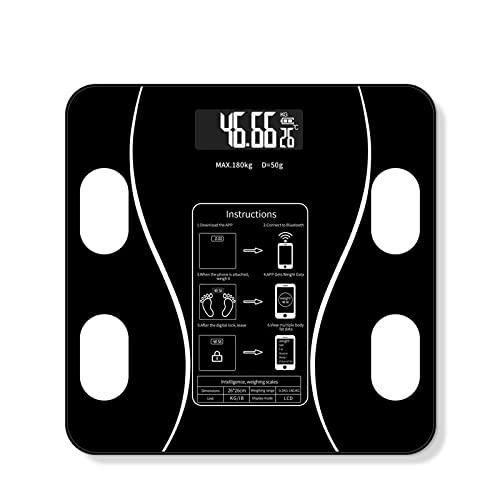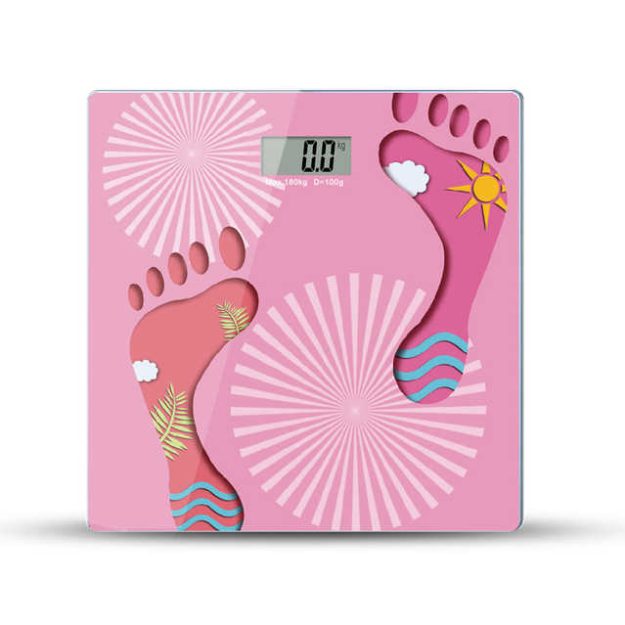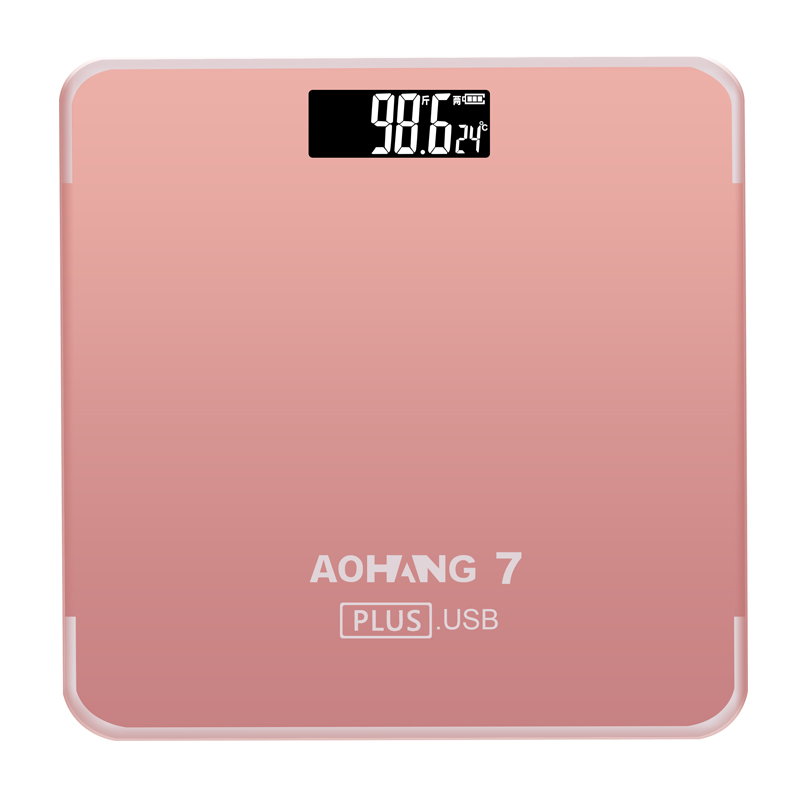The Best Way to Verify a Weighing Scale in Uganda
Verifying the accuracy of a weighing scale is essential, whether for business or personal use. Ensuring your weighing scale is correctly calibrated and functioning properly helps maintain fairness, avoid financial losses, and comply with legal standards. This guide explores the best methods to verify a weighing scale in Uganda, providing insights into both basic and professional approaches to ensure your scale remains accurate and reliable.
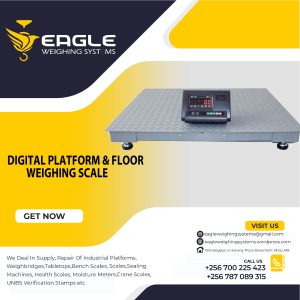
Why Is Verifying a Weighing Scale Important?
Ensuring your weighing scale is accurate is crucial for maintaining fairness in trade, avoiding legal penalties, and enhancing business credibility. In Uganda, businesses and individuals alike depend on accurate scales for various purposes, including retail, agriculture, and industrial applications.
Inaccurate scales can lead to several negative outcomes:
- Loss of revenue from incorrect pricing
- Legal penalties for non-compliance with industry standards
- Damage to business reputation due to overcharging or undercharging customers
- Reduced trust from customers, leading to fewer sales
Regular verification of your weighing scale is vital for achieving accurate measurements and maintaining customer confidence.
Methods to Verify a Weighing Scale in Uganda
There are multiple ways to verify a weighing scale, from simple DIY tests to professional recalibration services. Below are the most effective methods for ensuring your scale delivers accurate and consistent results.
1. Perform a Basic Weight Test
One of the simplest methods to verify a scale is by using objects with known weights. This test is quick and helps determine whether the scale’s readings are accurate or need adjustment.
Steps for a Basic Weight Test:
- Use a known standard weight, such as a certified dumbbell or an object with a labeled weight.
- Place the object in the center of the scale.
- Compare the scale’s reading to the known weight.
- If the reading deviates from the expected value, recalibration may be needed.
This method works well for small businesses or home users who need to quickly assess whether their scale is providing accurate readings.
2. Calibration Using Test Weights
For more precise verification, especially in commercial and industrial settings, test weights are the preferred option. These certified weights are designed for accurate calibration of various types of scales.
Steps to Calibrate with Test Weights:
- Obtain certified test weights from an accredited supplier.
- Place the test weight on the scale and ensure it’s properly positioned.
- Observe the scale’s reading. If the result differs from the test weight’s value, recalibration is required.
Using test weights provides a more reliable verification process, especially for businesses in sectors like healthcare, retail, and food processing, where accurate weight measurements are crucial.
3. Recalibration Services from Authorized Providers
For high-precision scales or those used heavily in business, professional recalibration services are recommended. In Uganda, several authorized companies offer expert recalibration, ensuring your scale remains accurate over time.
Key Benefits of Professional Recalibration:
- High accuracy achieved through advanced tools and techniques
- Compliance with legal standards set by the Uganda National Bureau of Standards (UNBS)
- Extended lifespan of the scale through regular maintenance
Regular professional recalibration not only ensures accuracy but also helps maintain the functionality of your scale, reducing the risk of long-term wear and tear.
The Role of the Uganda National Bureau of Standards (UNBS) in Scale Verification
The Uganda National Bureau of Standards (UNBS) is the regulatory authority responsible for ensuring that all weighing equipment in the country meets accuracy standards. UNBS provides initial and recurrent verifications of weighing scales to ensure they meet the required levels of precision for various industries.
How UNBS Verifies Weighing Scales:
- Initial verification is conducted when a new scale is installed, ensuring it meets legal accuracy limits.
- Regular inspections and recalibrations are carried out by UNBS to ensure that scales continue to operate within acceptable standards.
- Certified scales are issued verification certificates, which are crucial for businesses to avoid legal issues.
If your scale is used in a business setting, particularly in retail, food processing, or agriculture, it’s essential to have your scale verified by UNBS. This certification provides assurance that your business is compliant with legal requirements and is delivering accurate measurements to customers.
How to Arrange for UNBS Scale Verification:
- Contact a licensed technician through UNBS or authorized service providers.
- Schedule a verification or recalibration appointment.
- Once your scale passes the verification process, you will receive a certification of accuracy.
Tips for Maintaining the Accuracy of Your Weighing Scale
Keeping your weighing scale accurate over time requires more than just occasional verification. Regular maintenance and good usage habits can prevent common issues that lead to inaccurate readings.
1. Regular Calibration
It’s essential to regularly calibrate your scale, particularly if it’s used heavily or in an industrial environment. The more you use the scale, the higher the likelihood that its accuracy will drift over time.
2. Avoid Overloading the Scale
Overloading a scale beyond its capacity can cause permanent damage to its sensors or mechanical parts. Always check the weight limits of your scale and avoid exceeding them.
3. Keep the Scale Clean
Debris, dust, or moisture can affect the scale’s accuracy, especially in digital models. Regularly clean the platform and ensure the load cells or sensors remain clear of any blockages.
4. Protect the Scale from Extreme Temperatures
Both mechanical and digital scales can be affected by extreme temperatures, which can lead to inaccurate readings. Keep your scale in a stable, temperature-controlled environment to maintain its accuracy.
Do you need a UNBS Calibration Certificate?
Conclusion
Verifying a weighing scale in Uganda is crucial for anyone who relies on accurate weight measurements in their daily operations. Whether you’re a business owner in retail, agriculture, or food processing, or simply a consumer using a household scale, ensuring your scale is accurate is key to avoiding potential losses and maintaining fairness.
By conducting basic tests, using certified test weights, or employing professional recalibration services, you can ensure your scale remains reliable over time. Additionally, compliance with Uganda’s regulatory standards, particularly through the Uganda National Bureau of Standards (UNBS), is critical for businesses to maintain legal standing and build trust with customers. Regular scale verification not only protects your business but also enhances overall efficiency and customer satisfaction.

